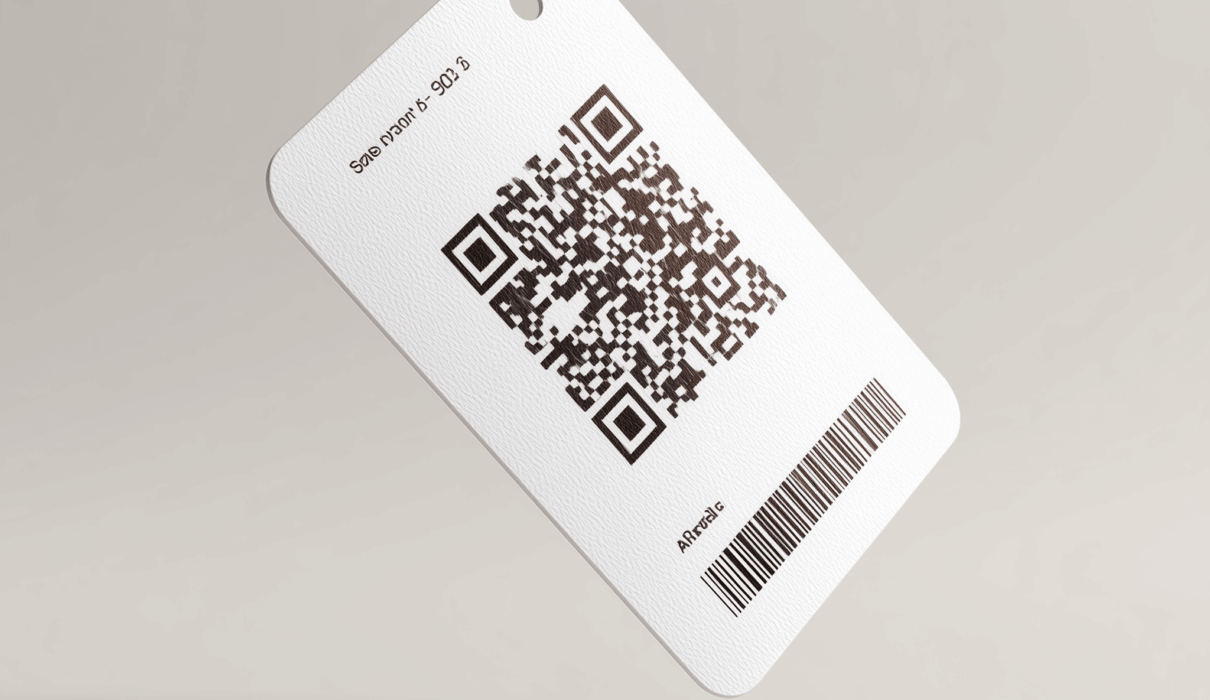Securing last-minute ticket deals can challenge even experienced eventgoers. When they plan a spontaneous concert outing, a sports game or a birthday celebration just days before showtime, they risk overpaying on the secondary market. By understanding how ticket supply and demand shift, they can tap primary outlets, resale platforms and targeted apps to compare prices, set alerts and capitalize on unsold seats as the clock ticks down.
This guide outlines key strategies readers can apply immediately to avoid inflated markups and land affordable seats—no matter how late they decide to join the fun.
Understand market dynamics
Ticket prices often follow dynamic models that adjust based on demand, remaining inventory and time until the event. For high-profile games or headline concerts, a surge in buyers can drive prices up in the days before showtime. Conversely, sellers with unsold tickets may slash prices at the last hour to recoup costs.
- Supply and demand: When few tickets remain, prices typically rise; when too many seats go unused, sellers reduce rates.
- Dynamic pricing: Many primary sellers and venues use algorithms that adjust face-value costs according to booking patterns.
- Risk versus reward: Waiting until the final hours can yield discounts, but carries availability risks—popular events may sell out.
By tracking average price curves on resale sites, they can identify the ideal window for purchase—often 24 to 48 hours before kickoff or curtain.
Use online marketplaces
Secondary platforms aggregate thousands of listings, letting buyers compare asks, filter by section and gauge fair value. Reputable sites enforce guarantees against fraud and may offer refunds or replacement tickets for canceled events.
Top resale sites include:
- SeatGeek, which scores listings by price and location
- StubHub, known for its FanProtect guarantee
- Vivid Seats, offering loyalty credit on future purchases
- TicketNetwork, a broad marketplace with global coverage
They should inspect seating charts, review seller ratings and factor in service fees, which can add 15 to 25 percent. Buying from verified vendors reduces the risk of invalid tickets.
Visit the box office
If they’re local or arriving early, purchasing directly at the venue can bypass online fees. Box offices may release last-minute holds or returns once ticket windows open on event day.
- Timing tip: Arrive 1–2 hours before start time to find newly released seats.
- Cash versus card: Some venues waive convenience fees for in-person purchases.
- Ask about holds: Staff sometimes reserve a block of seats for walk-ups or expectant fans.
This approach works best for smaller venues and community theaters, where digital demand data is less visible.
Try mobile apps
Several dedicated apps specialize in flash-sale and discounted inventory for spontaneous planners. They bundle primary and resale options in one interface and push instant bargains when prices drop.
Popular choices:
- Gametime, featuring last-minute “Hot Deals” on sports and concerts
- TodayTix, offering rush and lottery tickets for theater shows
- Ticketmaster app, with dynamic pricing alerts and “Last Chance” deals
- SeatGeek mobile, with deal-score notifications and one-tap checkout
Enabling push notifications ensures they catch sudden markdowns within minutes of occurrence.
Join fan clubs
Official artist, team or venue memberships often grant early-access presales and exclusive discount codes. Even free registration can unlock a limited pool of tickets before general release.
Benefits of fan clubs and mailing lists:
- Presale windows, sometimes days ahead of public sales
- Promo codes for bundled or multi-event purchases
- Occasional flash-sales exclusive to subscribers
They should sign up as soon as event dates are announced and whitelist sender addresses to avoid missing time-sensitive offers.
Explore group discounts
Buying in a group can unlock per-ticket savings—especially for events with higher face values. Many venues offer tiered pricing for blocks of 10 or more seats.
Ways to leverage group rates:
- Coordinate with friends, coworkers or social clubs
- Contact the group sales department directly for quotes
- Use group-buy platforms that negotiate bulk rates on behalf of buyers
Even a modest group of four to six can qualify for concession-style pricing at some cinemas and family-oriented performances.
Monitor price-drop alerts
Automated alerts free buyers from constant checking. Services scan multiple sites and notify when rates fall below a target threshold.
Alerting tools include:
- SeatGeek deal alerts, which email users when a max price is reached
- IFTTT applets that watch ticket-listing RSS feeds
- Browser extensions that track price histories on resale platforms
Setting realistic price caps—typically 10 to 20 percent below current averages—helps them spot genuine bargains, not expired sales.
Maintain flexible scheduling
Flexibility on dates, times and seating zones broadens opportunity for savings. Midweek events and matinees often see lower demand than weekend or prime-time shows.
Tips for flexible planners:
- Compare weekday versus weekend pricing for the same tour stop
- Consider retractable-roof venues in case of weather-driven returns
- Opt for side-stage, upper-deck or obstructed-view seats, which drop steeply as showtime nears
By expanding acceptable options, they increase odds of snagging tickets at significant markdowns—even at the eleventh hour.
Bottom line, buyers who combine market insight with digital tools and a flexible mindset can seize last-minute ticket deals with confidence. Whether they target a sold-out stadium show or an intimate theater performance, these methods help ensure they pay only what the market—or a savvy seller—allows.



